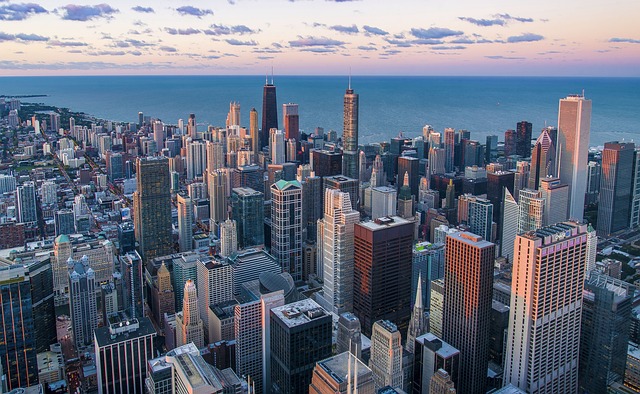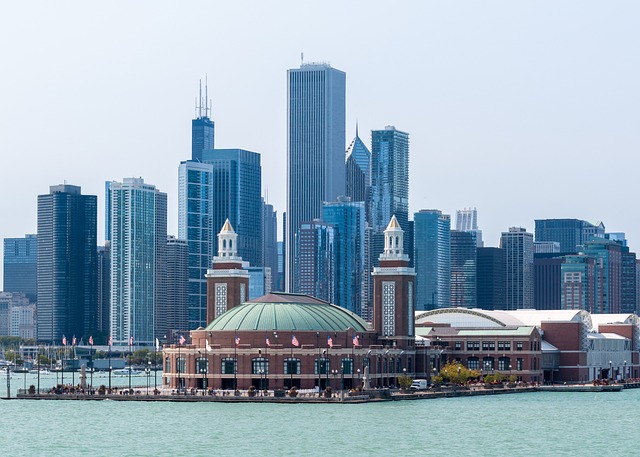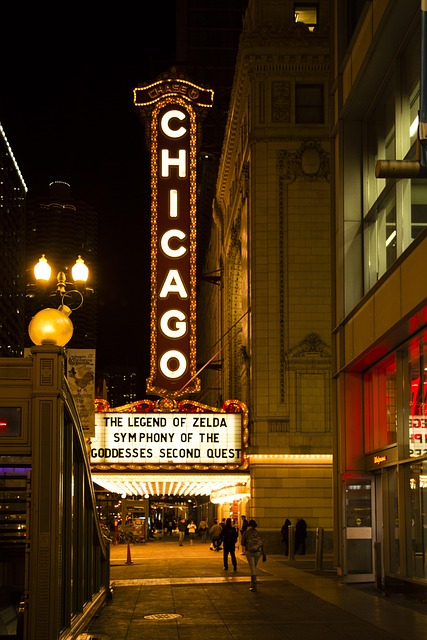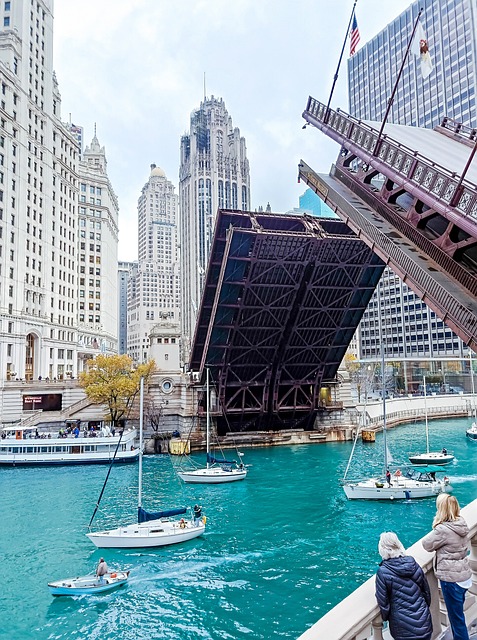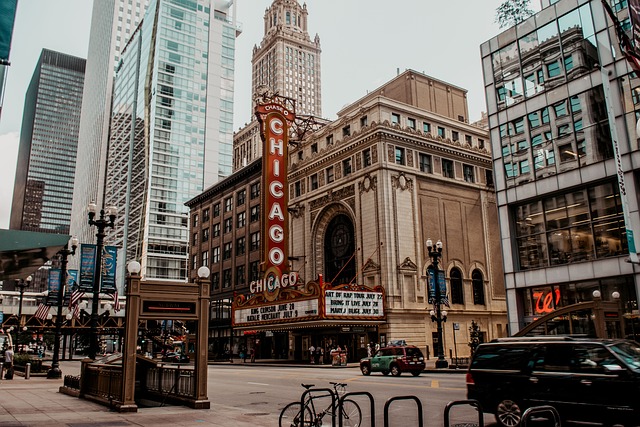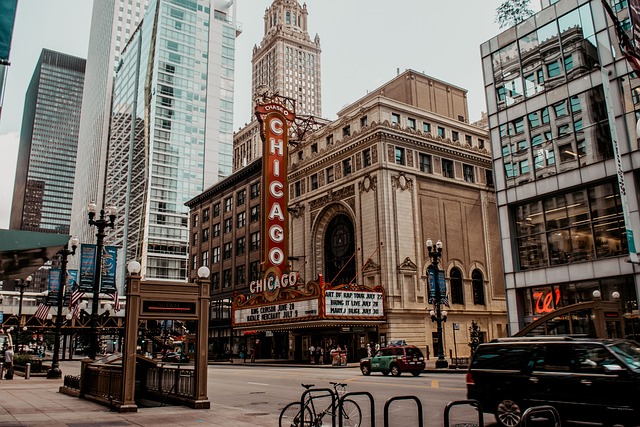Selling a fire-damaged house in Chicago requires a strategic approach due to specific legal protections. Start with professional assessments, consult a real estate attorney for zoning and code compliance, and work with an experienced agent for marketing and negotiations. Transparency is key; disclose all damage information to buyers and leverage available programs and grants for rebuilding costs, ensuring a fair selling process.
Illinois, particularly Chicago, has seen an increase in distressed property sales, often involving fire-damaged homes. Understanding the legal aspects of these sales is crucial for both sellers and buyers. This article delves into the process, offering a comprehensive guide from a legal perspective. Specifically, we explore navigating the sale of a fire-damaged house in Chicago, including disclosures, repair requirements, and potential legal pitfalls. Whether you’re considering selling or buying, these insights are essential to ensure a smooth and compliant transaction.
- Understanding Distressed Property Sales in Illinois: A Legal Perspective
- Navigating the Process of Selling a Fire-Damaged House in Chicago
Understanding Distressed Property Sales in Illinois: A Legal Perspective
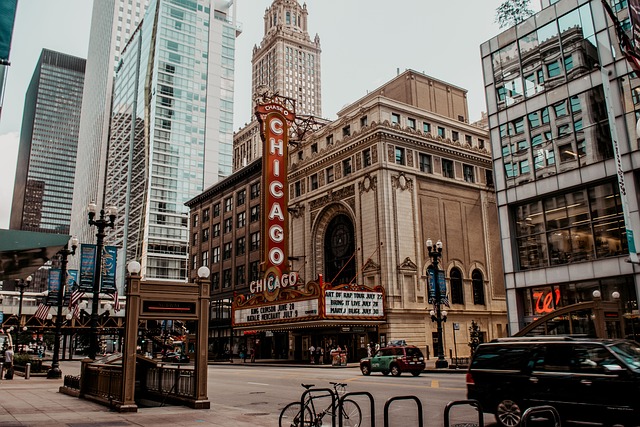
Distressed property sales in Illinois, particularly the sale of a fire-damaged house in Chicago, are governed by specific legal frameworks designed to protect both buyers and sellers. When a property is considered distressed, it often involves scenarios such as foreclosure, bankruptcy, or damage from natural disasters like fires. In the case of a sell fire-damaged house Chicago, local laws dictate the process, ensuring transparency and fairness.
These legal perspectives encompass various regulations, including disclosure requirements for sellers to inform potential buyers about any known issues with the property. For instance, in Illinois, sellers must disclose material defects or damage, such as fire damage, that could impact a buyer’s decision. This information is crucial for buyers navigating the purchase of fire-damaged properties, enabling them to make informed choices and potentially negotiate terms based on the repairs needed.
Navigating the Process of Selling a Fire-Damaged House in Chicago
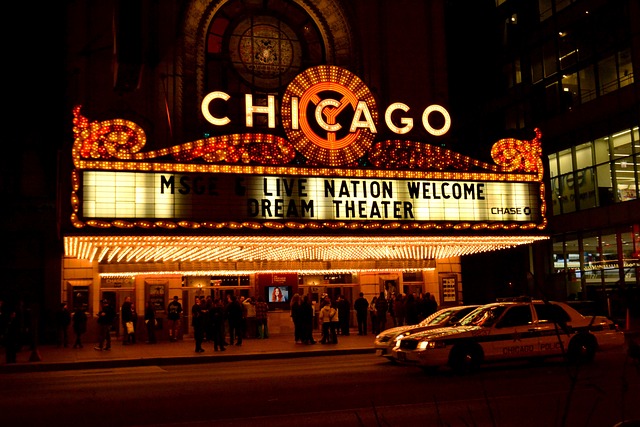
Selling a fire-damaged house in Chicago can be a complex process, but with the right approach, it’s manageable. The first step is to assess the extent of damage and determine if the property is even salvageable. This involves hiring professional estimators who can inspect the home and provide an accurate report on repairs needed. Once you have this information, you’ll need to decide whether to repair and rehabilitate the property or tear it down entirely. In Chicago, there are programs and grants available for homeowners looking to rebuild after a fire, which can help offset the cost of repairs.
Navigating the legal and financial aspects is crucial. You’ll want to consult with a real estate attorney who specializes in distressed properties to ensure you’re compliant with local regulations. This includes understanding zoning laws, building codes, and any necessary permits. Additionally, working with a reputable real estate agent experienced in selling fire-damaged homes can make the process smoother. They can help market the property effectively, connect you with potential buyers, and guide you through negotiations. Remember, transparency is key; disclose all relevant information about the damage to avoid future legal issues and ensure a successful sale of your fire-damaged house in Chicago.
Distressed property sales, particularly fire-damaged homes in Chicago, present unique challenges but also opportunities. Understanding the legal aspects and navigating the process efficiently can help sellers secure a favorable outcome. For those looking to buy a fire-damaged house in Chicago, it’s crucial to be aware of the potential benefits and considerations involved in these transactions. By recognizing the intricacies of distressed property sales, both buyers and sellers can make informed decisions, fostering a revitalized local real estate market.
